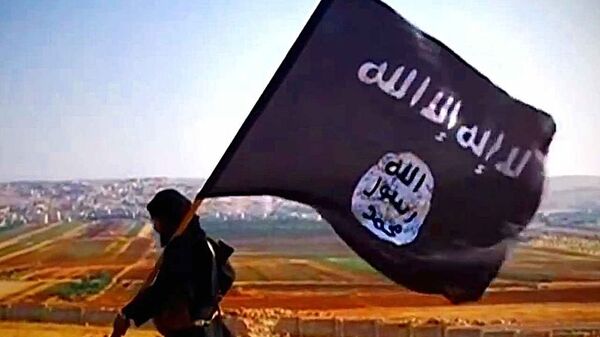According to the UNSC report, Daesh continues to motivate and enable global attacks and get financing despite the group’s losses in Syria and Iraq. Experts say that remittances, usually sent abroad in small sums, show that the terrorists have stepped up their international activities.
This coincides with a higher number of attacks carried out across Europe and also points to the fact that the terrorists are expanding their footprint beyond Europe, notably in Southeast Asia.
Radio Sputnik discussed the issue with Dr. Clarke Jones, the director of the Australian Intervention Support Hub and terrorism and radicalization expert.
The estimates made by the UNSC report are “quite realistic,” Jones said.
“There are particular concerns now with the developments in Malawi in the Southern Philippines and ongoing conflict that is ongoing there. It certainly shows that the Islamic State [Daesh] is capable of moving into other territories, outside of Syria and Iraq,” the expert said.
Talking about the command structure of Daesh, Jones said, “It is an ideology and the group is connected through that ideology. The reasoning behind people getting involved into terrorism varies between countries and what is happening in the Philippines will be different from what is happening in Australia.”
Looking at why Daesh is becoming active in the Philippines, the expert said that the southern part of the country has been having issues for quite some time now, including the separatist movements by the Abu Sayyaf group and a number of offshoot groups.
Talking about whether it is possible that an internal conflict within these terrorist groups breaks out increasing violence in vulnerable regions Jones said, “There is a division between people’s believe systems and sometimes that causes friction within the groups.”
There also arises disagreement within the leadership of the groups but not necessarily fighting within the groups, although in Iraq there were many factions fighting each other and it that was a confused situation.
However, according to the expert, these groups rarely fight each other because they aim to fight against “Western countries and Western perspectives.”
Looking at global terrorism in the near future, Jones said that no matter how much territory is liberated from these terrorists their “ideology will not die because of what has been happening previously in places like Israel and Palestine, what happened previously in Iraq and Afghanistan. There are many people who want to support these groups.”
“Discrimination, racism, poverty and alienation are some of the underlying issues,” he said, noting why some vulnerable people may support terrorist groups like Daesh.
“The governments need to start looking at these underlying issues instead of pouring money into militarization,” the expert said.
“These drivers need to be addressed and then we will start to make an inroad against groups like Islamic State [Daesh],” Jones concluded.



